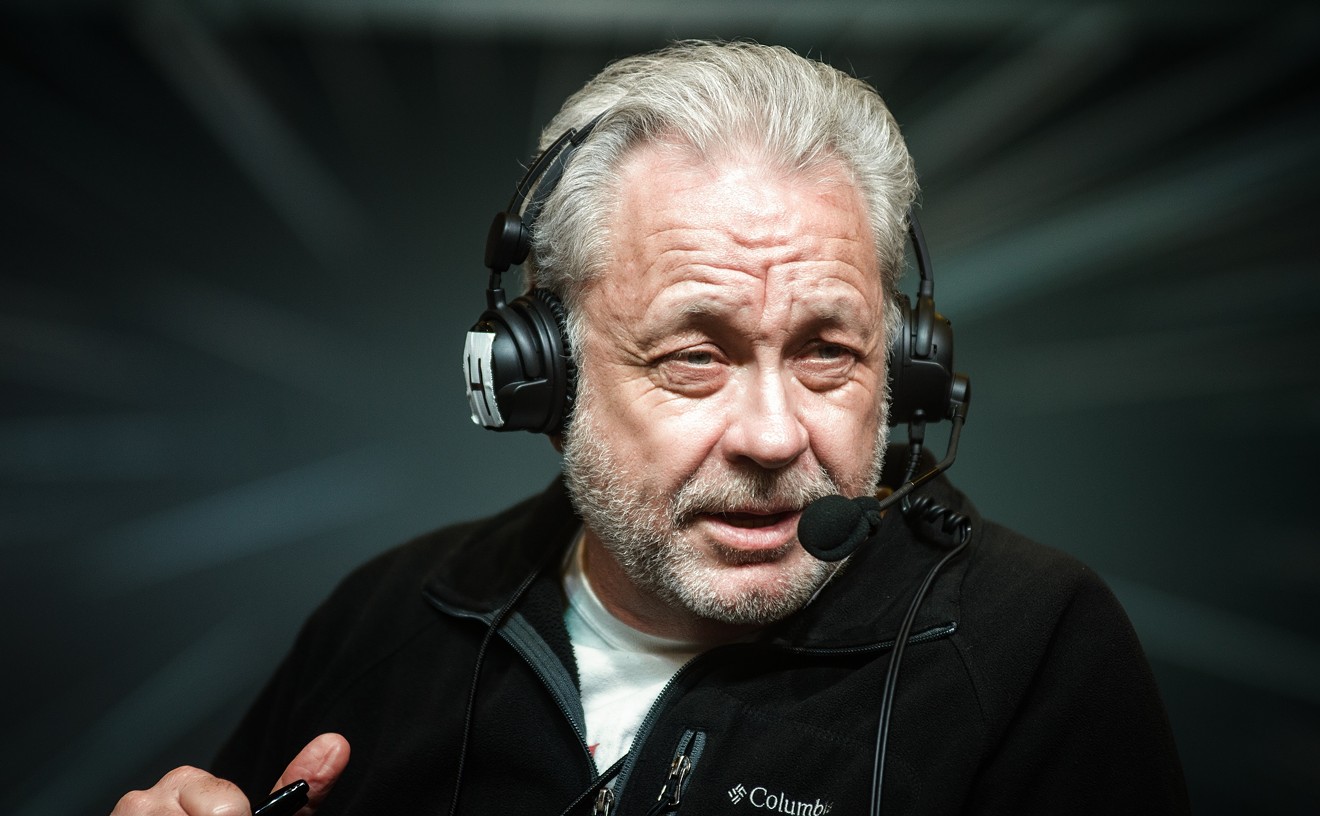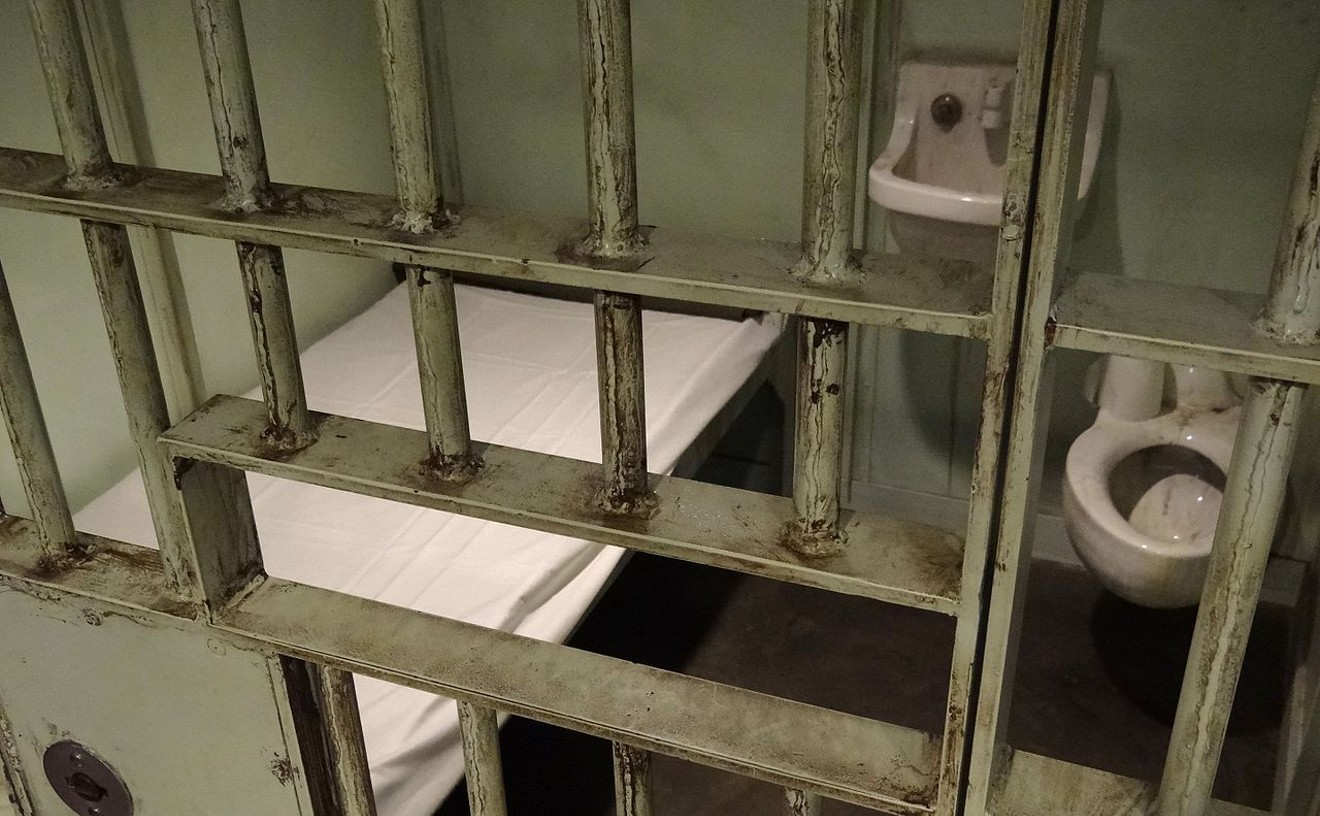Reading about the Medicare debate and listening to friends and neighbors talk about it, I always come to the same conclusion: Your opinions depend entirely on your personal experiences.
A commenter here the other day said he thought most old people are "responsible" and have provided for their own medical needs privately. He said they are not "stupid" and know that Medicare is too thin a reed to depend on.
So I found myself immediately plunged into an area of thought and memory that I actually try to avoid whenever possible -- thinking about how extremely tough my own parents' last decade of life was before their deaths 10 years ago.
My parents were the ultimate responsible middle-class Americans, products of the Depression, not just savers but scrimpers. I think by their late 20s, at an age when I was probably focused mainly on my next good vacation, they were already focused primarily on savings, pensions and insurance.
My dad was a clergyman. My mother was at home until her 40s, when she became a public school teacher to help send four kids to college. They retired with an excellent supplemental health care plan for life, which my mother always attributed entirely to her teachers' union, and with decent pensions from the Michigan teachers' fund and the Episcopal Church. They had substantial savings significantly enhanced by the high interest rates of the 1970s and '80s.
They were in their eighties. She went first. She was not the worrier of the two. My niece, a novelist, has written about my mother's quirky optimism, a twist on Middle Western Calvinism, I think.
My father worried profoundly. He literally hated any dollar amount greater than a hundred, no matter what it was for. Any bill or invoice that involved more than that was like a rattlesnake on his desk, not because he couldn't pay it -- he could always pay his bills -- but because it threatened in some primal irrational way the carefully tended and guarded confines of his private arrangements.
I went up to Presbyterian Village North to the tiny studio apartment he rented so he could be close to my mother when she was in the nursing wing, and I sat with him while he opened the bills for his own hospital stays, which involved heart problems, prostate cancer and a knee replacement.
He slits the envelope. Once fine fingers now twisted and bulbous with arthritis reach in shakily and extract the bill. He gasps, turns to me with eyes huge and round behind thick lenses and slowly extends the piece of paper for me to examine. It's a bill for $235,000. Then I do my speech, the one I came here to make, repeated so often that I fear by now it will sound canned and condescending, which will only piss him off enormously and give us even more problems to deal with.
"Dad, this is not a bill."
"Well it's not a birthday card, is it?"
I don't wonder where I got my own less than bubbly personality.
"Dad, this is an advisory of how much Medicare is going to pay. Medicare pays this."
"Medicare pays a quarter of a million dollars for a week in the hospital?"
"Yes."
"Well then Medicare is stupid."
He's angry. I can see the veins bulging on his forehead. The shake in the hand is faster. So far, not so good, Jim, with your mission of calm and healing.
"Dad, the doctors at the hospital are saving your life. Every time you go in there, you have a team of highly trained specialists gathered all around you, rooms and rooms full of high-tech equipment and brilliant people who could send a man to the moon. It can't be cheap. But if you insist on opening these bills and obsessing about the amounts, the bills are going to kill you."
"Maybe they should."
A life in the ministry had left him with a brutal sense of realism. He and I often talked about how the hospital was always full of old people whenever he went in. "Rooms and rooms of old people, hanging on," he said, "and you have to ask for what?"
We were not allowed to discuss his own reason for hanging on. It was off the table. Way too private, way too emotional. He hung on for seven years to be there for my mother, who was paralyzed by a stroke, to sit by her at every meal and then take up guard at her bedside to make sure she was properly tended.
He was not nice about it. Once when I was helping check my mother out of a rehab hospital, I filled out a sheet for one of the therapists and wrote down both of their names, starting with, "The Rev. W.R. Schutze." He was out of the room.
The therapist looked at it, whirled toward me and exclaimed in shock and disbelief, "He's a reverend?"
I said, "A mean reverend."
My mother nodded from her bed. "He thinks he has to be, for me."
The bottom line in all of this is that my parents, for all of their scrimping conservatism, would have died a decade earlier of their ailments had it not been for Medicare. Hell, for all I know it might have been 20 years earlier.
My father, because he was so ruthlessly pragmatic, would look at the Medicare question today and say it's a debate we need to have. He would say anything that costs more than $100 is a debate we need to have.
And he would have seen the stakes with brutal realism. He dealt with death all his life as a minister. There was nothing exotic about it for him. It was stuff that happened, like marriages and baptisms.
But he would have wanted the question debated honestly. He would have said, "This is a debate about whether or not the hospitals should be filled with old people, hanging on."
Take away or even seriously erode Medicare, and you're not just talking about poor old people dying for lack of care. The dollar amounts are way bigger than people who haven't been through it can even imagine. You're talking about smart, responsible, saving-and-scrimping old people dying because they don't have a few extra million bucks in cash lying around.
And those old people may not be simply hanging on out of some kind of stubborn selfish refusal to get out of the way for the rest of us. They may be staying alive so they can take care of some other old person nobody else is going to look after if they don't.
And anyway, when did it become society's right to give a big thumbs up or thumbs down on people's reasons for staying alive?
That's the real Medicare debate, the real death-squad issue. The Paul Ryan solution, to unmoor Medicare from the federal government, throw off the ropes and set it adrift among the vagaries of state politics, is the real death squad issue.
I'm glad my dad isn't here to see this, mainly because he might have agreed with Ryan, in spite of it being so diametrically opposed to his own interests. But I'm not glad my dad isn't here.
These are tough issues, because they are life and death issues. On the other hand, life and death are stuff that happens. And if it costs more than hundred bucks ...?











